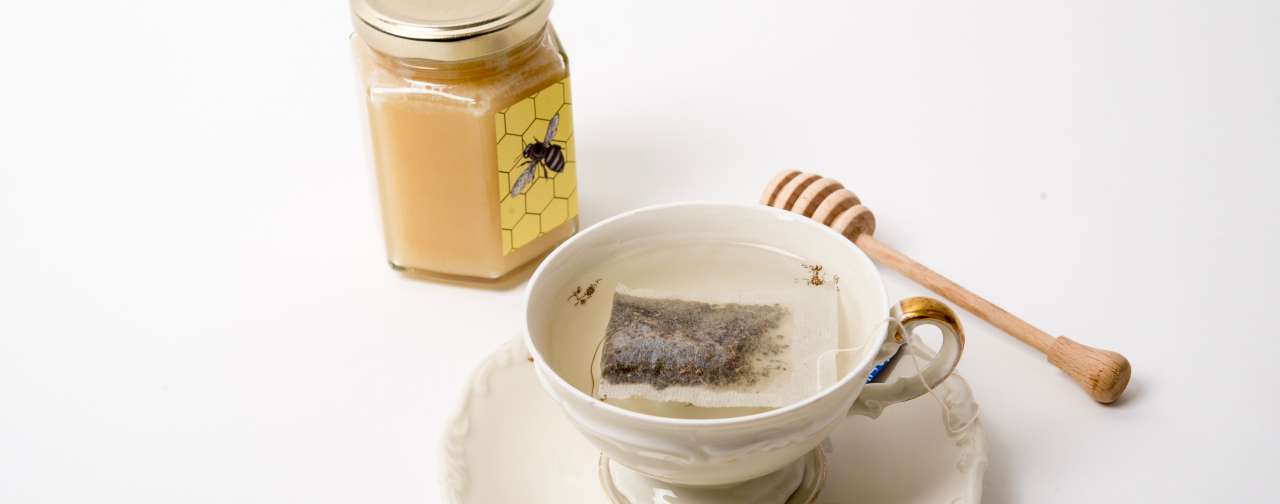Detected plant toxins in herbal tea

Photo: Erling Fløistad
NIBIO is performing an annual survey of plant toxins in food on behalf of the Norwegian Food Safety Authority. In 2021, it made discoveries in 13 herbal tea products. To reduce the possible health risk, the Norwegian Food Safety Authority recommends limiting your intake of herbal tea.
Many plants produce plant toxins (poisons) which are a natural protection against insects and other herbivores. The natural toxin content in plants used for food is generally low, but weeds can contain many strong poisons. If weeds are included in the harvesting of food plants, the harmful plant toxins can end up in our food. In 2021 NIBIO analysed 30 samples to survey selected plant toxins on behalf of the Norwegian Food Safety Authority.
20 different types of herbal tea were analysed for a group of plant toxins called pyrrolizidine alkaloids. These can be harmful to the liver and carcinogenic when ingested over time. Discoveries were made in 13 of the products. There were varying levels of pyrrolizidine alkaloids in amme tea, rooibos tea, chamomile tea and peppermint tea. The substances have been detected in these teas for several years.
To reduce the potential health risk, the Norwegian Food Safety Authority recommend limiting the consumption of these types of teas and varying between different products. This applies in particular to pregnant and breastfeeding women.
The results from the Norwegian Food Safety Authority’s survey are used to assess the risk to human health from ingesting food. Updated data is important to be able to manage this risk through regulation, warnings and information for consumers.
“Further monitoring is important to see whether the new limit values lead to fewer discoveries and lower levels of such plant toxins in food products,” explains researcher Marit Almvik at NIBIO. Tea produced in accordance with good agricultural practice and created from certified herbs with high purity could help reduce contamination with plant toxins from weeds.
Contacts

Purpose
Assessment of the risk from plant toxins on human health
Funding: The Norwegian Food Safety Authority
Contacts

